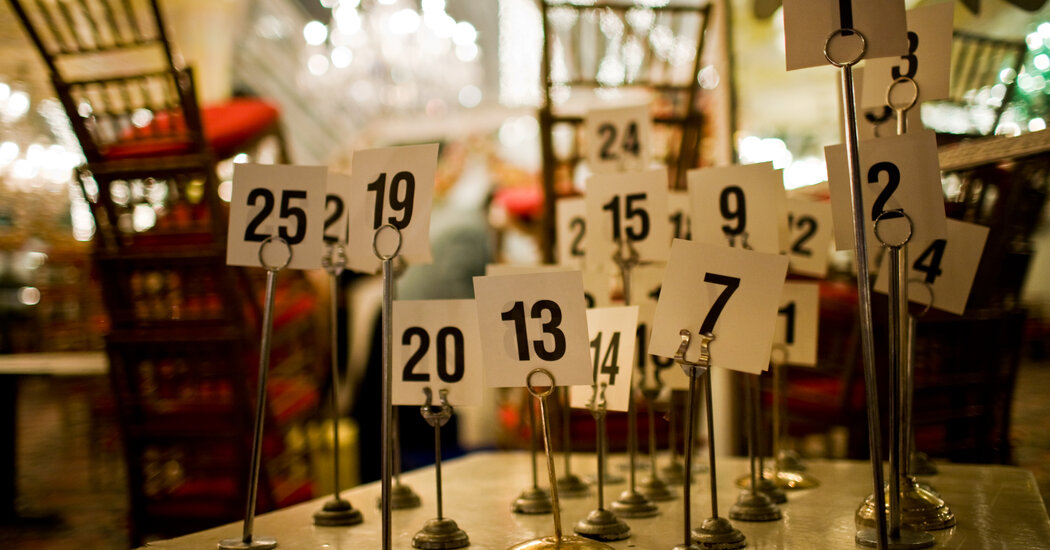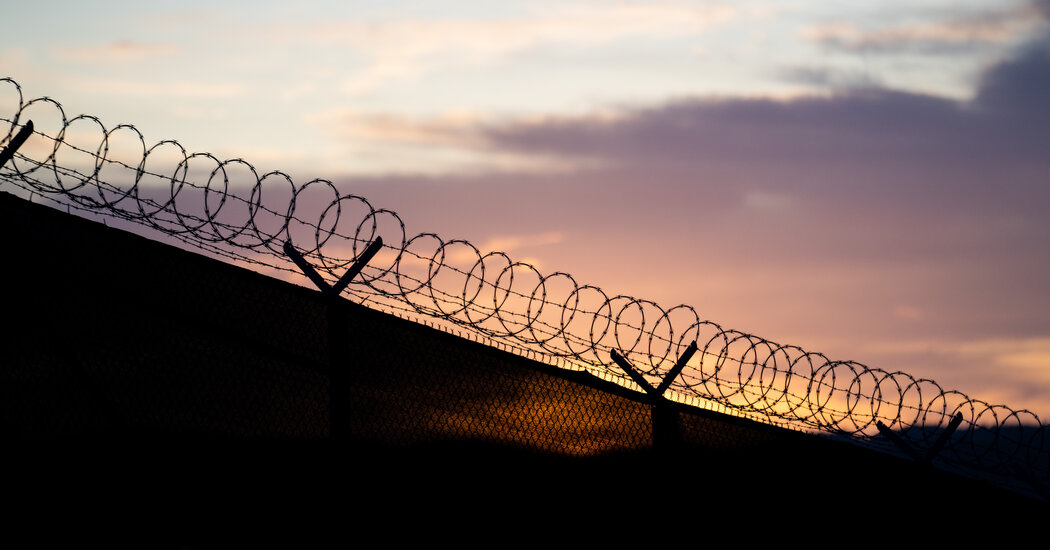
Some users, however, report feeling more anxious after using them. Nick Rafter, 38, a real estate agent in the Ozone Park section of Queens, was running the numbers before social gatherings or trips away. “It was mostly out of curiosity, not to decide whether or not to do them,” he said. “I wanted to be prepared for what could happen, so I planned ahead. If I got Covid, I could at least say, ‘Well the calculator did say my chances were. …’”
But he soon realized that knowing his risk made his emotional state more volatile. “I started thinking, ‘Maybe I shouldn’t have come? Am I getting infected now?’ and I would have a miserable time and feel anxious,” he said. After he got his booster shot in November, he decided to stop running the numbers, especially if he was going to gatherings anyway. (He did say he may turn back to a calculator in the future. “I’m going on a cruise in February,” he said. “I might see myself using it for that.”)
Some are discovering, thanks to the calculators, that the people around them may not be the best judge of risk. Ms. Bergstom was asked out on a date recently by a scientist who claimed to be cautious and safe. But after he suggested a date, she realized he wasn’t.
“He told me where he wanted to go, and I looked online, and I ran the numbers, and it’s all indoors and very small, and the day and time he invited me out was going to be the most crowded,” she said. “I didn’t even want to suggest something else. I turned him down because I thought his decision making was poor.”
Other people like calculators because they give them neutral, nonemotional data on which to make their decisions (and back them up).
“It’s like having a mediator come in and say, ‘This isn’t a good idea,’” Mr. Lee said. “If your parents want to gather and you don’t, this takes away the emotions of it. It’s just medical advice saying, ‘This is not a good idea.’” Ms. Johnson has had multiple friends reach out to her and say they are using it to explain to their families the risk of gatherings.




